Even if he has had more of it than he might have liked over the last five months, Robbie Fowler has been eager to make the most of his spare time.
Since his shock departure from Saudi second-tier outfit Al-Qadsiah in October, the former Liverpool striker says he has simply been doing “the same as any other manager who’s out of work.”
In truth, perhaps not every out-of-work coach combines analysing games and punditry with adding a diploma in football management at the University of Liverpool to the UEFA Pro Licence they already have.
Still, along with continuing his learning, Fowler has also had time to reflect on his dismissal from Al-Qadsiah, which came after he had claimed six wins and two draws from his first eight league games in charge.
People can draw their own conclusions from the fact that the decision was taken by technical director Carlos Anton, a former Real Madrid scout, who then moved quickly to install a Los Blancos legend, Michel, as his new head coach.
![BIRKENHEAD, ENGLAND - Sunday, September 10, 2017: Liverpool ambassador Robbie Fowler and Under-18 manager Steven Gerrard [L] during the Under-23 FA Premier League 2 Division 1 match between Liverpool and Manchester City at Prenton Park. (Pic by David Rawcliffe/Propaganda)](https://www.thisisanfield.com/wp-content/uploads/170910-107-Liverpool_U23_Man_City_U23-600x398.jpg)
But speaking exclusively to This Is Anfield, Fowler offers a diplomatic take on the matter, saying: “I think I was unbelievably unlucky, to be honest.
“I’d heard a few rumblings, but the timing was a shock because it was off the back of a two-week training camp and probably the best result of the season away from home (a 2-0 win over Al-Kholood, who currently sit second in the league).
“It happens in football, but you just don’t expect it to happen when you’re eight games in, unbeaten, and genuinely haven’t looked like being beaten. It was hard to take.”
Fowler’s sole defeat in charge came in the King’s Cup against Al-Taawoun, who currently sit fourth in the Saudi Pro League, ahead of an Al-Ittihad side that boasts the likes of Fabinho, N’Golo Kante and Karim Benzema among its squad.
Even then, things might have been different had Al-Qadsiah not missed a 68th-minute chance to level the game from the penalty spot.
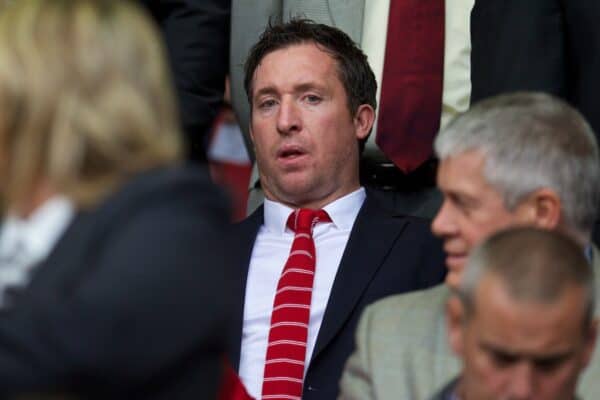
A deeper look at the league numbers also paints a clear picture of a coach who was hard done by, with his eight league fixtures coming against teams with a current average position of eighth yet yielding an impressive 2.5 points per game.
By contrast, Michel’s first eight games saw him face opposition with an average position of 12th and pick up 2.1 points per game.
Meanwhile, Al-Qadsiah’s five outings since then have returned two wins, two defeats and a draw.
Despite the nature of his departure, Fowler remains appreciative of the club’s owners, Aramco, who he describes as “good people who want to grow the football club” and whose backing he always felt.
But a lack of similar warmth from technical director Anton was best summed up by the Spaniard’s failure to offer congratulations on Manager of the Month awards received in August and September.
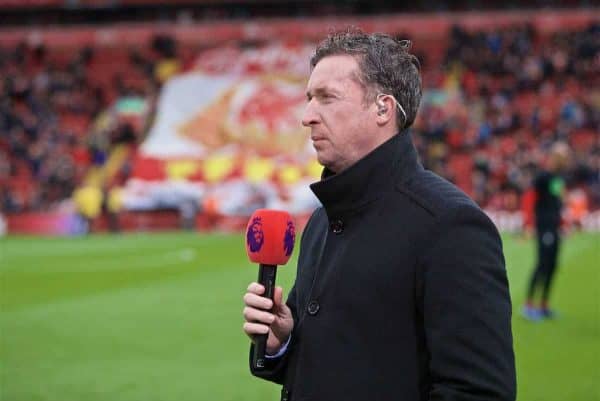
Of the pair’s relationship, Fowler adds: “I’ve always been one of those in terms of football when it comes to owners, if it’s their club then they’re entitled to do what they want. I’ve got no problems with that.
“It might not be easy for everyone to understand that, but I’ve never got a problem with it because it’s their money and they can do whatever they want.
“But we always see the question, ‘can the manager work with the sporting director?’, when it’s a two-way street. Not enough gets said about whether a sporting director can work with the manager.
“I always felt that he wasn’t working with me; it turned out he had his own plans and just wanted to bring his own people in.”
Managerial beginnings
This struggle for acknowledgement is perhaps something of a theme of Fowler’s managerial career, which began when he was still registered as a player at Muangthong United in Thailand.
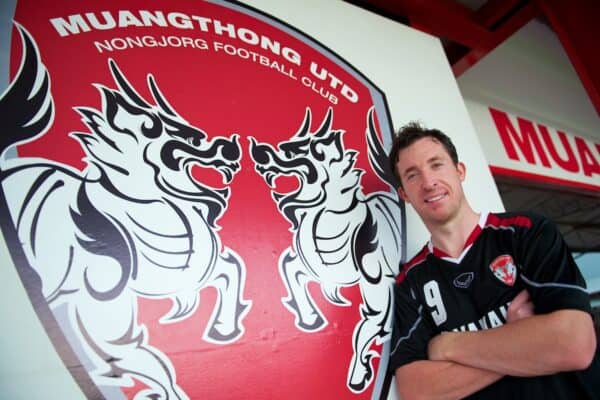
After being appointed to lead the team mid-season, he oversaw a third-placed finish in the Thai Premier League, as well as a run to the Thai FA Cup final, where Muangthong were narrowly beaten by that year’s runaway top-flight champions Buriram United after extra time.
Seven years and several coaching qualifications later, Fowler headed to Australia to take on the task of rebuilding a Brisbane Roar side that had just endured their worst-ever A-League season, suffering 17 defeats en route to finishing ninth out of 10 teams.
A huge overhaul that saw 14 members of the squad depart and an influx of fresh faces was required, leading to an understandably slow start to the campaign.
But that was followed by a run of eight wins, two draws and just two defeats that saw Brisbane climb into the top four and Fowler earn back-to-back coach of the month gongs in January and February.
He would also have likely earned that prize in March were it not for the league being halted by the coronavirus pandemic, a turn of events that ultimately brought a premature end to his time down under.

Yet Fowler remains proud of his record, and says: “I genuinely think we were the best team in the league that year and I think we would have gone on.
“We were hard to beat, riding the crest of a wave.”
Next up, Fowler joined East Bengal, taking over a team heading into its first Indian Super League campaign after new owners ended a lengthy stint in the second tier by purchasing a licence to compete in the top flight.
He was handed a squad that, in reality, was not equipped for the step up, and preparations were further hampered by a two-week Covid quarantine that ate into pre-season, leading to the campaign kicking off with a five-game winless run.
But, as had been the case in Brisbane, time on the training pitch resulted in improvement, with the 12 matches that followed bringing just two defeats.
In the end, East Bengal finished ninth out of 11th teams, a feat that Fowler describes as “a bigger overachievement than Australia.”
The club’s hierarchy clearly agreed, with their statement confirming the Liverpool legend’s departure stating he “took charge of the team in a very challenging period of transition and managed to overcome significant odds to bring the fans some moments of joy in the club’s first ever season in the Indian Super League.”
‘Fowlerball’
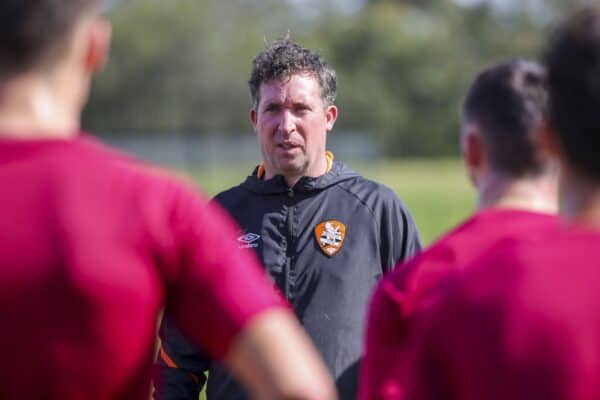
Each of these successes have been founded on a positive, possession-oriented style of play that Australian media termed ‘Fowlerball’ – an initially uncomplimentary phrase that took on new meaning as Brisbane’s results improved.
Of that label, he says: “I never once thought of it as derogatory, I always took it as a compliment because it meant that we had an identity.
“Any manager will tell you going into a season that they want to implement their style, their identity.
“From day one, I was clear how I wanted to play and how we wanted to do things. We want to control the middle of the pitch, create overloads out wide, and really try to run teams down, not with physical presence, but with how we move the ball.
“And when I say a possession-based team, I don’t mean keeping the ball with the centre-halves because it looks great.
“One of the things I was most proud of was the percentage of possession we were having in the opposition half of the pitch.”
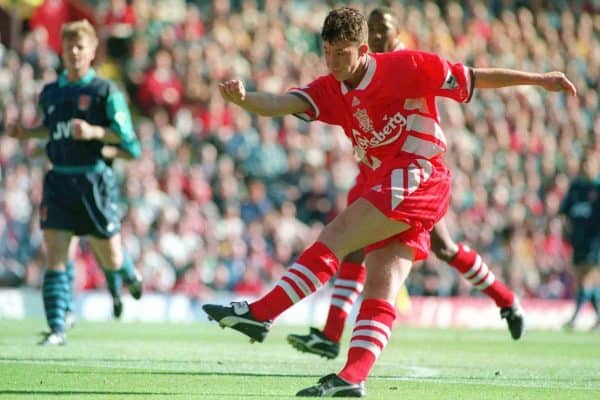
This clear philosophy has also been supplemented by a willingness to show faith in young players that Fowler attributes to the opportunities he was given as a teenage upstart at Liverpool.
He made a 16-year-old Jordan Courtney-Perkins Brisbane Roar’s youngest-ever player during his time in the A-League, and broke an Indian Super League record in selecting a 17-year-old Tomba Singh Haobam for East Bengal.
It is just another quality that, along with a strong record for improving teams and an attractive style of football, should in theory have clubs tripping over themselves to appoint Fowler.
But that isn’t quite the case, and when the 48-year-old is asked why that might be, he is at a loss to explain, saying: “I genuinely don’t know. I’m not an arsehole who goes into clubs and says, ‘I want this, I want that’.
“I’m not a person who demands everything and I treat people right.
“I’ve managed in four countries now, and I’m not sure many British managers can say that. I’ve got the dedication, I’m willing to go out of my comfort zone and try different cultures.
“Without wanting to give myself a pat on the back, that should be a real positive rather than viewed as a negative.”
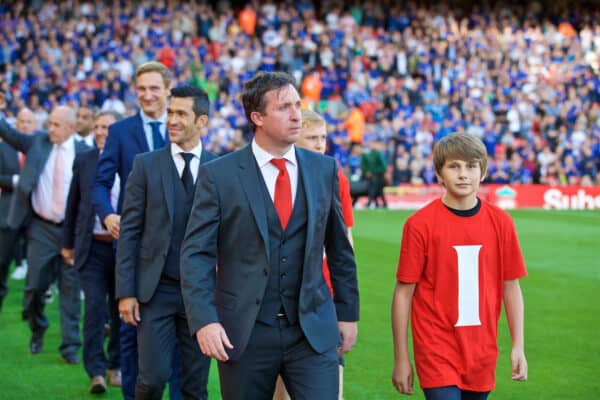
After frequently being told he is “not the right profile” when applying for jobs in the UK, Fowler accepts that he may need to head abroad again to find his next managerial role.
But those recent disappointments have not discouraged him from continuing to pursue his coaching dream, no matter how far he may have to travel.
He says: “I’m genuinely looking and I feel like I have a lot to give. I understand the game from the managers I’ve played under, I know what type of environment I want to create.
“I want a club that can go places and if it’s in the UK, brilliant, but if I have to go overseas then I’ve shown I’m not afraid to do it.
“Football’s the only thing I’ve ever wanted to do and I love it, so I can’t wait for my next opportunity.”


